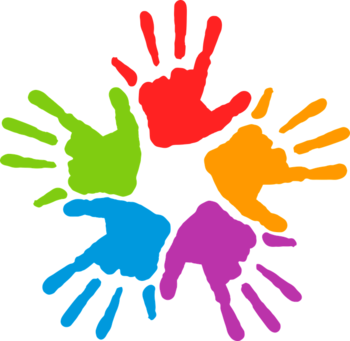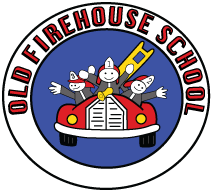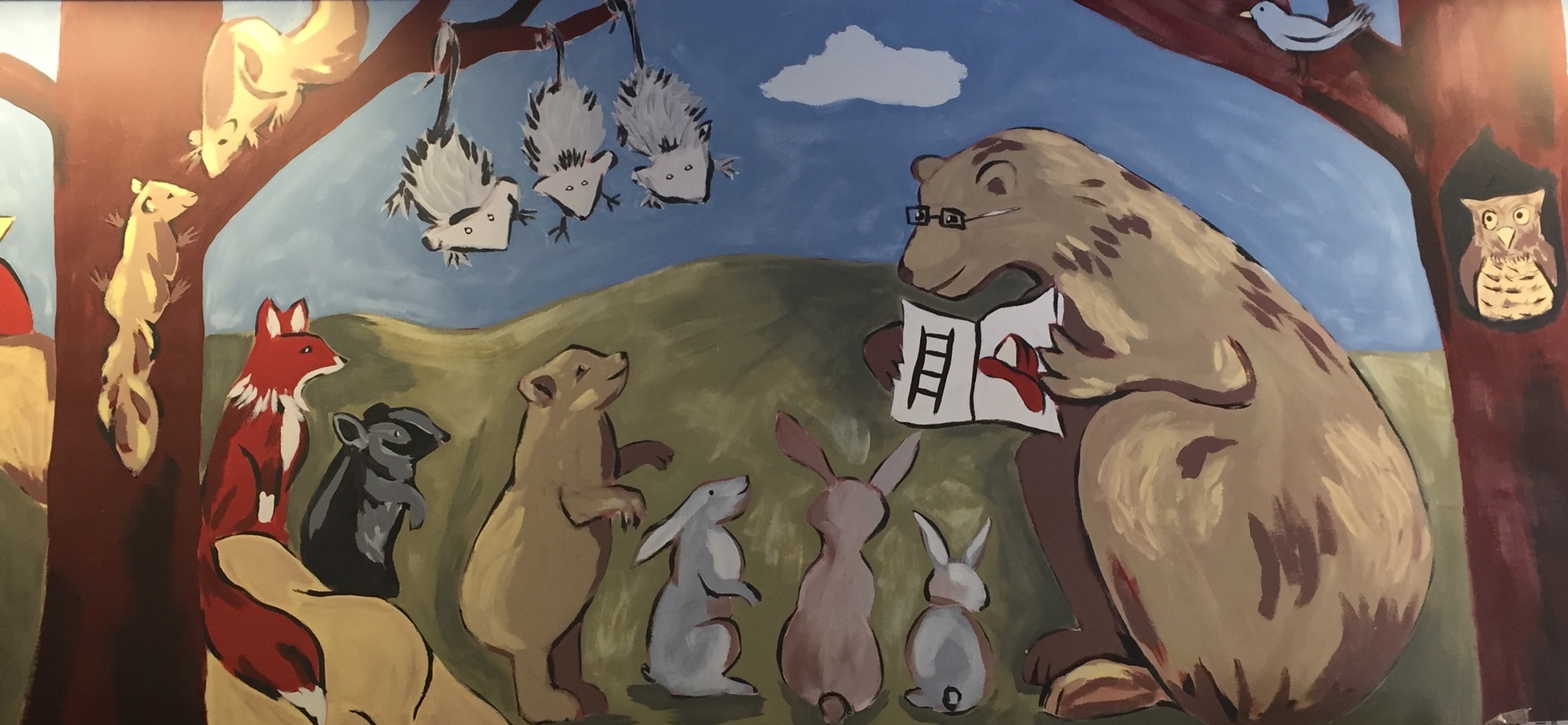Anti-Bias Work with Preschoolers
/By Alexandra Dutton, Old Firehouse School Lafayette Program Director
“Mommy, why is he so fat?”
“Papa, how come the food they’re eating smells funny?”
“Mama, she’s walking weird. What’s wrong with her?”
For those of you who have verbal children, you may have encountered embarrassing moments in which your child has asked a question, quite innocently. While they might be just asking a question, you might be feeling badly for the other person, who may have overheard, and simultaneously you might be scrambling to come up with an appropriate answer.
During our March Staff Development Day, author and teacher Deya Hill came to speak with us about understanding anti-bias and helping children develop compassion for others. Some important take-aways from her very thought-provoking talk:
People do not only have bias towards different races. Bias also happens against the disabled, LGBT people and different cultures, and genders.
Often, misunderstanding leads to fear of differences. Here’s a real life example from Deya: A child in her preschool asked “Will his hands get clean after he washes them?” He was noticing that his friend, who is black, has different color skin and was mistakenly attributing the color to dirt. For many of us, that kind of question would mortify us. However, Deya knew that the child was very innocently asking this question and genuinely curious about the answer. Rather than hush the child or scold him for such an insensitive question, she offered to have them all wash their hands together. Holding out her hands, as well as the two children’s hands, she pointed out how we are all different colors. Together, they washed hands and no, the color did not come off of anyone! That satisfied the child; she was able to respectfully answer his question and also respectfully include the other child.
When we shush our children for asking something about another person, we are unintentionally teaching them that there is something wrong with that person, which leads to our children developing bias. As parents and teachers, we have to be open to talking to children when these moments come up. Children won’t give us any forewarning -- but if we can learn to handle these moments honestly and thoughtfully, we can help all our children grow.
The worst thing we can do is ignore a child’s bias. A child who makes fun of someone with crutches or laughs because someone speaks with an accent can learn that people are different. Sometimes children use humor as a way to deal with something they don’t understand, and these moments are opportunities to say, “You noticed that she has crutches. They help her walk. I wonder what it would be like if we couldn’t walk by ourselves,” or “He sounds different, doesn’t he? He comes from another country where they speak another language, like how our neighbors/teachers/friends are from China/France/Mexico. He speaks Chinese.”
It’s okay to go back and have the conversation again if you feel like you didn’t handle it well. We sometimes will quickly address (or not address) an issue due to where we are -- the grocery store check out line, for example -- but we can always say, “Remember earlier when this happened? I want to talk more about it. _______ (enter your improved comment here).” Sometimes other people will not always handle it as well as you would hope. The person who snaps, “Make sure your child learns manners,” after your child says “She looks really old,” is teaching your child a new lesson. Not everyone will take their comments or questions well. We can say this to them: “Some people who are old are kind and some are not, just like people who are young can be kind or not. But, you are never wrong when you are kind.”










